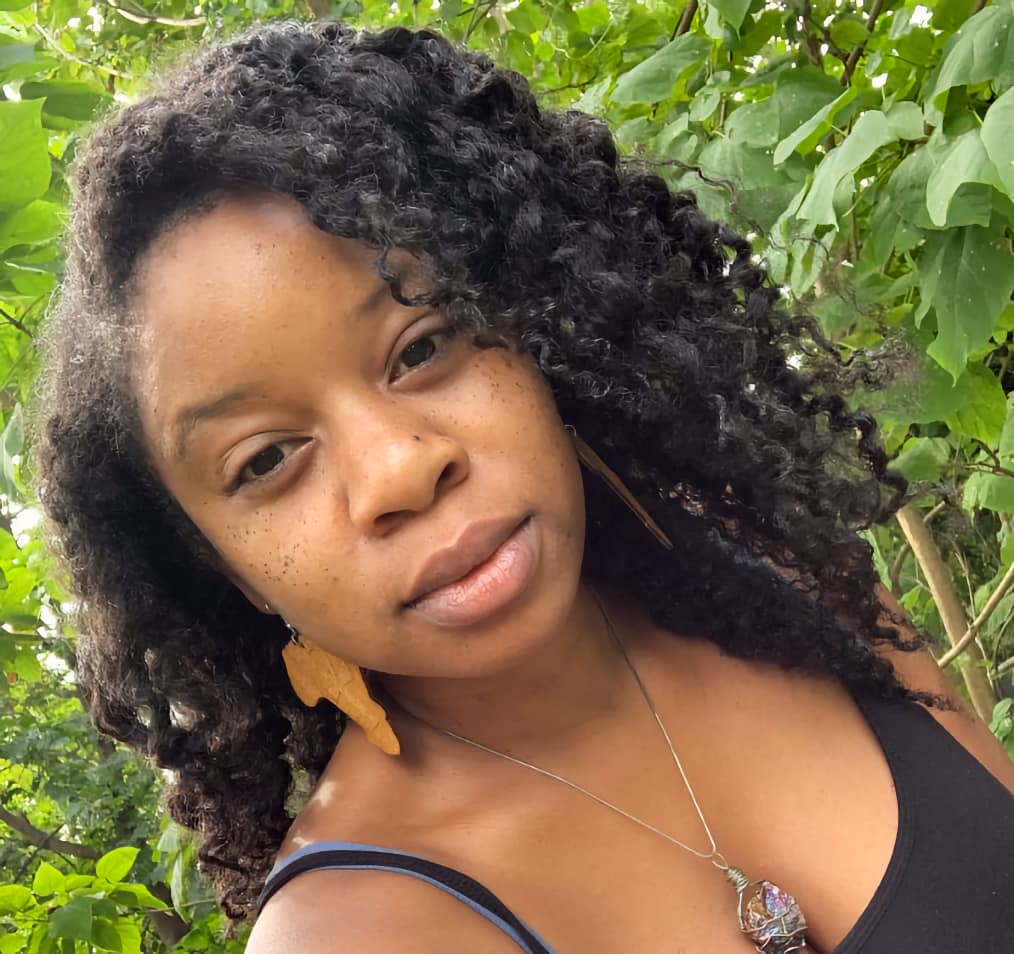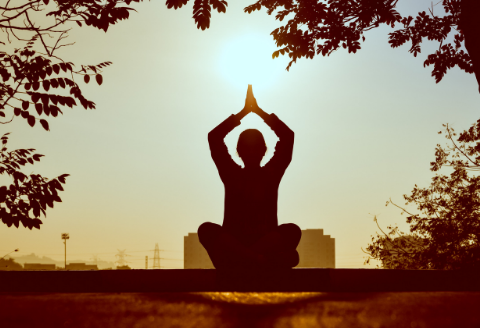When I think of Yoga, early mornings, chanting, and people sitting in what elementary school teachers would call criss-cross apple sauce style come to mind. Most westerners practice Hatha Yoga. This form of Yoga encompasses postures and the breath. Physical postures called “asanas” and the breathing techniques called “pranayama” serve to unite the body and bring the mind into the present.
However, many of us struggle with getting to a studio or are intimidated by images of bendy women we associate with Yoga. It is helpful to understand that though many people are flexible, it isn’t necessary. If you believe that Hatha Yoga is for you, remember that it is one part of an ancient system, and regular practice is needed to reap the benefits.
When forming a new habit, you must make that act accessible and practical. Accessibility not only applies to the “where” but also to the “how.” As someone who has worked with individuals with disabilities for over ten years, I’ve learned you have to get creative with modifications that retain the function and power of the pose.
There are many ways to practice in an office chair or space at home.
When asked why they practice, one student shared, “Yoga allows me to connect within myself in such a way that at the end of each session, every cell in my body seems to smile and say thank you.” Another said, “Yoga keeps me grounded and gives me clarity to focus on what is essential in life.”
Mindfulness and presence in our lives is the goal of Yoga. I hope that whatever technique you decide to take up brings you peace, presence, and patience.

Portia Ingram is the Director of Smart Start Suffolk for Suffolk County Executive Steve Bellone, developing and coordinating early childhood programs. She owns Mind Align Solutions, LLC, a consulting company that creates and runs workshops on holistic planning and life skill development for children and adults. She has also worked and advocated for the disability community for over ten years in various positions ranging from clinician to policy advocate. She continues to share and provide resources to those in the community, working alongside politicians and non-profit organizations around Long Island. She is the author of the workbook The Helpful Planner and the young adult self-help book How To Survive Your 20s.


